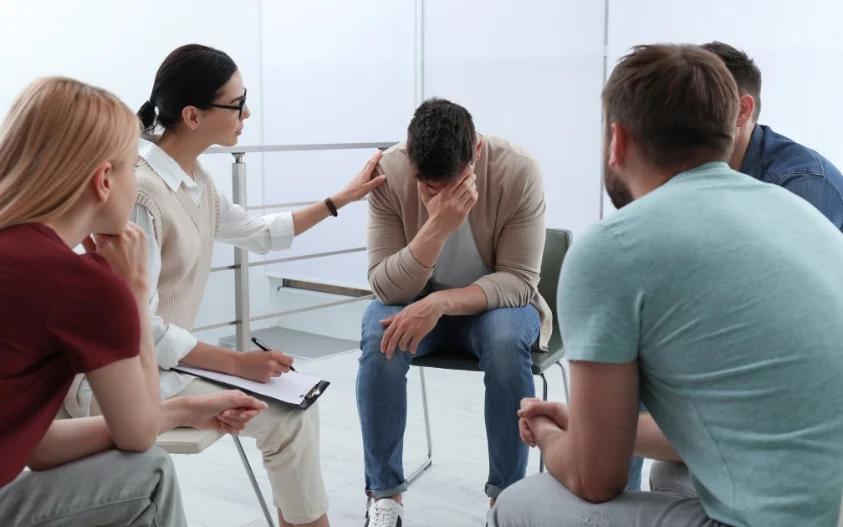24/7 Helpline:
(866) 899-221924/7 Helpline:
(866) 899-2219
Learn more about Morphine Detox centers in Washakie County

Other Insurance Options

Kaiser Permanente

BHS | Behavioral Health Systems

Private insurance

Coventry Health Care

Molina Healthcare

Cigna
Beacon

Horizon Healthcare Service

WellCare Health Plans

United Health Care

MVP Healthcare

Medical Mutual of Ohio

Access to Recovery (ATR) Voucher

ComPsych

American Behavioral

MHNNet Behavioral Health

Meritain

Magellan Health

CareFirst

Health Choice

Cloud Peak Counseling Center
Cloud Peak Counseling Center is located in Worland, Wyoming. Cloud Peak Counseling Center provides o...












